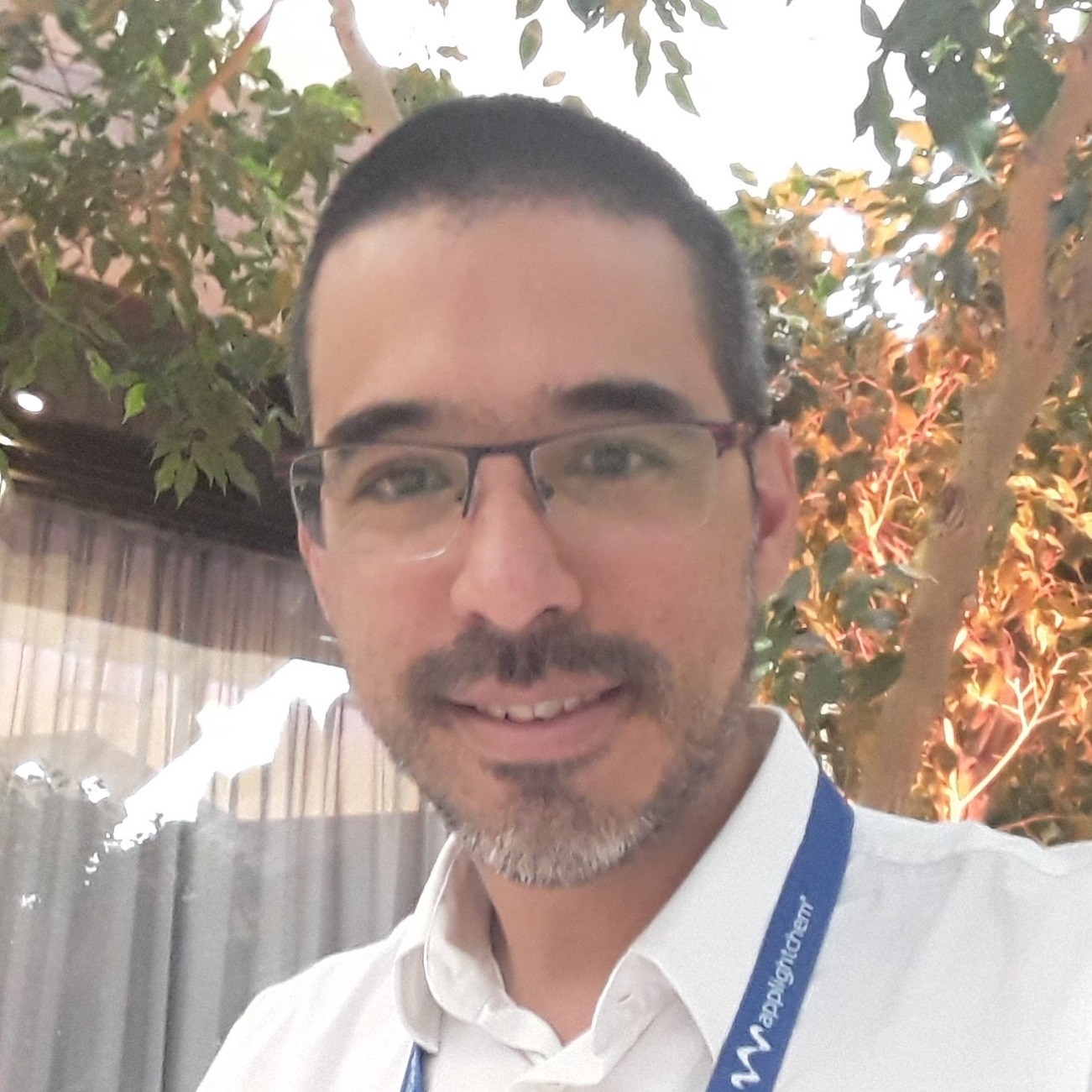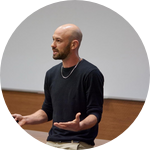About This Project
The project is focused on the impact of worldwide pesticides (like glyphosate) on human health, particularly on the immune system. First, the immune system is crucial not only to prevent infections but to control tumor development. Second, evidence suggests that people exposed to pesticides are more likely to develop cancer. By performing experiments with isolated human cells we will study if pesticides are affecting the human immune system's ability to attack tumors.
Ask the Scientists
Join The DiscussionWhat is the context of this research?
In Argentina, the use of pesticides is increasing each year, reaching more than 240 tons in 2021 . Far from being a national issue, the food industry in the US is also heavily dependent on pesticide application. In 2021, the US applied 460 tons of pesticides. Moreover, as Argentina is the main exporter of soy beans (loaded with pesticides) for animal feed, europeans and asians are also exposed to these chemicals in their food. It has been recently shown that glyphosate is present in the urine of 85% and 35% of Argentineans and Europeans, respectively. Worryingly, it is becoming clear that pesticide exposure is associated with cancer.
What is the significance of this project?
People are exposed to pesticides through the air, drinking water and food. Hence, many of these compounds have been detected simultaneously in the body of not only farmers but also urban citizens in Europe, the US, and Argentina. Of note, children and pregnant women are at a higher risk. Little is known about the effects of pesticides on human health and even less about the impact of pesticide mixtures. Notably, general population in Europe and Argentina have between 6 to 10 different pesticides in their urine. Since the immune system is crucial in preventing cancer, studying pesticide combinations is a valuable way to fully understand how harmful pesticides are.
What are the goals of the project?
Our hypothesis is that low doses of pesticides impair the ability of immune cells to target and eliminate tumor cells. To test this, we will isolate immune cells from the blood of healthy donors and expose them to individual pesticides and pesticide mixtures. We will then assess immune cell function and investigate the underlying mechanisms involved in these effects.
Specifically, we aim to determine whether pesticides such as glyphosate affect immune cell function through:
-
Oxidative stress
-
Cytoskeletal disruption
-
Metabolic alterations
We have already begun working on this approach and have obtained promising preliminary results that we are eager to share!
Budget
We live in a developing country where only 0.157% of the GDP (during 2024) is assigned to Research and Development. Also, a constantly increasing inflation and a highly devaluated national currency makes scientific research at least challenging. Almost every laboratory equipment, biological and chemical reagents are sold in Argentina in dollars or euros because they are produced in the US or in Europe. That is why it is so expensive for us to be properly equipped.
To generate meaningful evidence, we need to perform high quality in vitro experiments. The results obtained must be published in high-impact open science journals to create awareness about the necessity of big changes in pesticide regulation in Argentina and other parts of the globe.
Endorsed by
 Project Timeline
Project Timeline
We will isolate immune cells from blood of healthy donors, incubate them with pesticides (alone or combined) and explore the impact of such exposure on their ability to kill tumor cells.
May 12, 2025
Project Launched
Jun 01, 2026
Perform human cell culture experiments.
Dec 01, 2026
Summarize, analyze and discus results, write the manuscript and publish data in an international peer-reviewed journal.
Meet the Team
Affiliates
Dr Adrian Friedrich
I’m an argentinean, biochemist, immunology teacher, and a passionate scientist. I've got my PhD 5 years ago working on the role of the immune system (IS) at the gut in the context of skin cancer. Studying the IS is a wonderful endless journey, where I keep learning amazing new things and meeting amazing enthusiastic people. I had the honor of getting a Fullbright Fellowship to travel to the US where I did interesting experiments at Pittsburgh University.
As a youg immunologist I have published my work in prestigious journals such as The European Journal of Immunology, Nutrients, Oncoimmunolgy, Journal for Immunotherapy of Cancer, International Journal of Molecular Sciences, and others.
When I was thinking of my next step after my postdoc, I was sure I wanted to keep studying cancer and immunology, but in a more social-committed way. That’s when I got shocked by the fact that in Argentina cancer and cancer-associated deaths are more frequent in highly fumigated towns that in the rest of the country. I was aware that Argentina and many other developing countries’ economies depend on a huge amount of pesticides but didn´t know that the cost we are paying is people’s health.
Studying pesticides and their effects on human health is now one of my goals, and I hope it will help us to be as aware as possible of the risks we are dealing with.
Project Backers
- 12Backers
- 100%Funded
- $5,100Total Donations
- $425.00Average Donation

